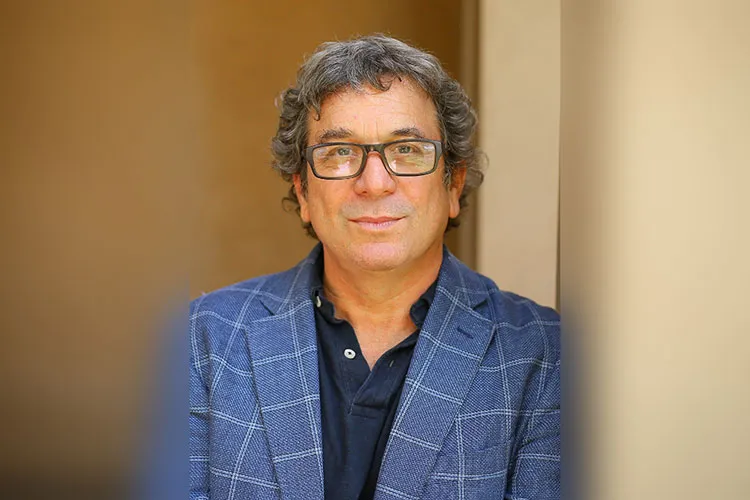

David Pincus, Ph.D.
Professor Department of Psychology, Chapman UniversityBiography
Dr. Pincus obtained his Ph.D. in Clinical Psychology at Marquette University in Milwaukee Wisconsin. His APA accredited internship and post-doctoral clinical training was completed in community mental health settings, including a post-doctoral fellowship through The UC Davis Department of Psychiatry in Child Psychology. These 4,000 hours of training capped over 13,000 pre-internship supervised hours in assessment and psychotherapy, with current clinical work and training in the treatment of obsessive-compulsive disorders. He has served in leadership positions including: the Clinical Director of the Frances Smith Center for Individual and Family Therapy (2009-2011); President of The Society for Chaos Theory in Psychology and Life Sciences (2011-2013), President of the Faculty Senate (2017-2018), and Chair of Psychology at Chapman University (current).
Dr. Pincus’s research focuses on the application of nonlinear dynamical systems theory to human resilience and psychotherapy process. His empirical studies have focused on identifying and understanding the function of fractal patterns that underlie interpersonal processes, personality, behavior, cognition, and emotion. Dr. Pincus regularly teaches Introductory Psychology (PSY 101), and has taught various other courses including Introduction to Clinical Psychology (PSY 428), Abnormal Psychology (PSY 328), Critical Thinking (PSY 201), and graduate courses in Psychotherapy and Clinical Supervision.
Click here to view Dr. Pincus's CV
Research Interests
My research program focuses on applying models and methods from complexity theory to improve the understanding of psychological resilience and psychotherapy process. My empirical studies have focused on identifying and understanding the function of fractal patterns that underlie interpersonal processes, personality, and behavior. My current and ongoing empirical work is focused on applying similar models and methods to understanding emotional dynamics, interpersonal conflict, self-esteem, coping dynamics, and the dynamics of embodied cognition. My long-term goal is to apply each of these results to better understand the complementary processes structural integrity and flexibility that may underly psychological healing.